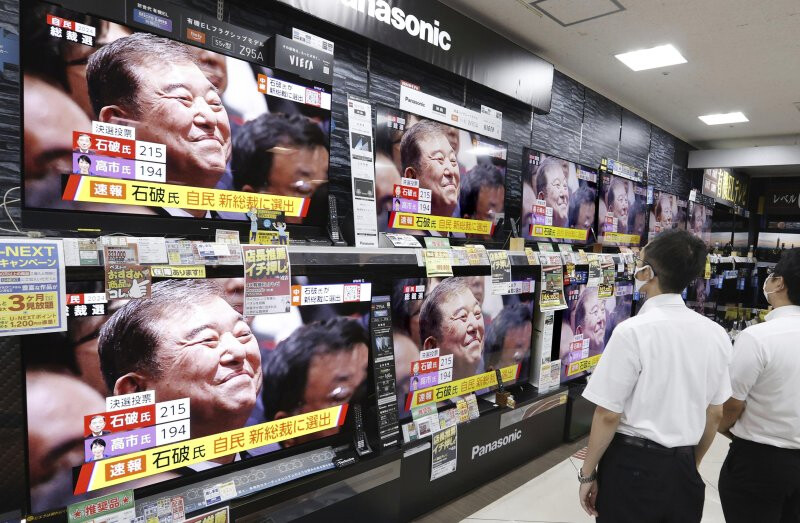
For the first time, Chinese companies have secured a market share of over 50% in the Japanese TV market. According to market analysis firm BCN, more than half of the TVs sold in Japan in 2024 were products from Chinese companies.
The Chinese electronics company Hisense took the top spot with an overwhelming 41.1% market share. Of this, 25.4% was the share of Regza, a Japanese brand acquired by Hisense, and the remaining 15.7% was for Hisense's own-brand products. TCL ranked third with a 9.7% market share.
While Japanese companies are struggling, Sharp, which was acquired by the Taiwanese company Foxconn (Hon Hai Precision Industry), also recorded a high market share of 20.6%. This means that in 2024, three out of every four TVs sold in Japan were from Chinese or Taiwanese companies.
The Decline of Japanese Companies
Sony and Panasonic, once symbols of Japan's electronics industry, are struggling. Sony's market share was only 9.6%, and Panasonic's was 8.8%. Panasonic is reportedly under pressure to reconsider its business, including the possibility of withdrawing from the TV business.
The decline of these Japanese companies is deeply related to the paradigm shift in the TV market. In the past, Japanese companies dominated the premium market with their superior technology and picture quality, but now, as the technology gap between companies has disappeared, consumers are choosing Chinese products with excellent price competitiveness. A BCN official also analyzed that "picture quality is no longer a crucial criterion for a purchase decision."
The Offensive of Chinese Companies Continues
Chinese companies such as Haier and Hisense are using their success in the TV market as a foothold to expand into other home appliance sectors. Haier has designated this year as its 'Third Startup' period and is strengthening its assault on the Japanese market, while Hisense is preparing to officially enter the home appliance market based on the brand awareness it has gained from TVs.
Japanese companies still hold a majority market share in some home appliance categories, such as large refrigerators and drum washing machines, but the market share gap is expected to continue to narrow amid the strong offensive from Chinese companies.
Ultimately, the shift in the Japanese TV market can be interpreted as a microcosm of the overall crisis facing the Japanese electronics industry, not just limited to TVs. In an era where technology alone can no longer dominate the market, it remains to be seen what strategies Japanese companies will use to overcome the crisis.
[Copyright (c) Global Economic Times. All Rights Reserved.]






























